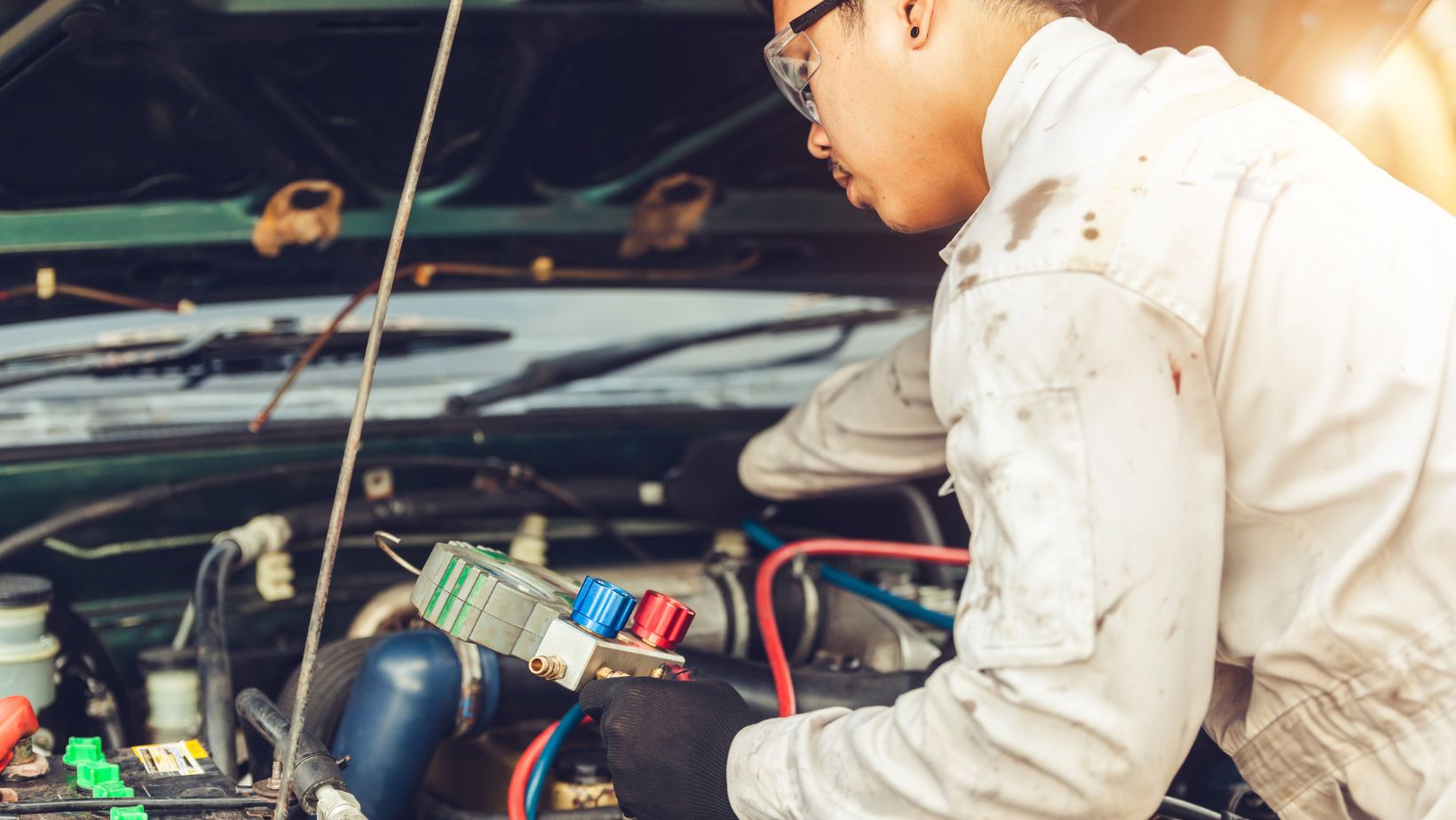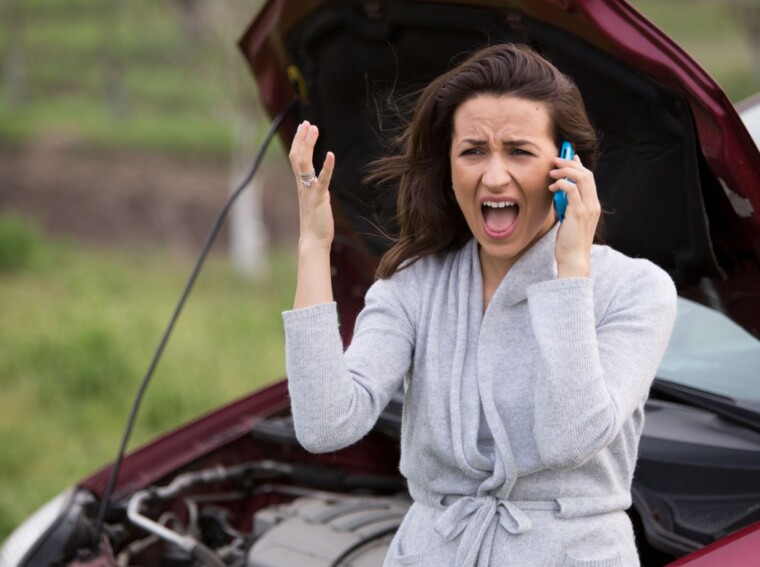When it comes to filling up our cars with gas, we expect a smooth and seamless experience. However, if you’ve ever noticed a gas leak occurring when you fill up your car, it can be quite concerning. So why does this happen? There could be several reasons behind this issue.
One possible reason for a gas leak when filling up your car is a faulty or damaged fuel filler neck. Over time, the filler neck can become corroded or develop cracks, allowing fuel to escape during the refueling process. Another potential cause could be a loose or improperly sealed gas cap. If the cap isn’t securely fastened after refueling, it can lead to leaks as well.
Additionally, issues with the fuel tank’s venting system can also result in gas leaks during refueling. The vent allows air to escape from the tank while it’s being filled. If there is a blockage or malfunction in this system, pressure may build up inside the tank and force fuel to spill out.
Why Does My Car Leak Gas When I Fill It Up
Signs of a Faulty Fuel Cap
If you’ve noticed that your car is leaking gas when you fill it up, one possible culprit could be a faulty fuel cap. The fuel cap plays a crucial role in sealing the fuel tank and preventing any leaks or evaporation. Over time, the seal on the fuel cap can become worn out or damaged, leading to gas leakage.
Here are some signs that indicate you may have a faulty fuel cap:
- Strong odor of gasoline: If you smell a strong gasoline odor around your car after filling it up, it could be an indication that the fuel cap is not properly sealing the tank.
- Visible stains or wetness: Check around the fuel filler neck and under the vehicle for any signs of wetness or stains caused by leaked gasoline.
- Check Engine Light: In some cases, a faulty fuel cap can trigger the check engine light on your dashboard. This serves as an additional warning sign to get your fuel cap inspected.

Damaged Fuel Tank
If you’re wondering why your car leaks gas when you fill it up, one possible explanation could be a damaged fuel tank. A fuel tank can sustain damage due to various factors such as accidents, corrosion, or even wear and tear over time. When the fuel tank is compromised, it may result in leaks that become apparent when you fill up your vehicle.
Here are a few reasons why a damaged fuel tank can lead to gas leakage:
- Cracks or Holes: Cracks or holes in the fuel tank can occur due to collisions or impacts with objects on the road. Over time, these cracks may expand, allowing gasoline to seep out during refueling.
- Corrosion: If your car has an older metal fuel tank, corrosion can gradually eat away at its surface. This corrosion weakens the integrity of the tank and creates openings where gas can escape.
- Faulty Seals: Fuel tanks have seals that prevent leakage by creating a tight seal between different components of the system. If these seals deteriorate or become worn out, they may fail to effectively contain the gasoline within the tank.
- Loose Connections: The connections between the fuel filler neck and the tank itself could become loose or damaged over time. This can cause gasoline to leak out during refueling.
If you suspect that your car’s fuel tank is damaged and causing gas leaks when filled up, it’s crucial to address this issue promptly for safety reasons. It’s recommended to consult with a qualified mechanic who can inspect and diagnose any problems with your vehicle’s fuel system accurately.
Remember that working on a car’s fuel system requires expertise and caution since it involves flammable materials like gasoline. Always prioritize safety and seek professional help if you’re unsure about handling such repairs yourself.
In conclusion, if your car is leaking gas when you fill it up, a potential cause could be a damaged fuel tank. Cracks, holes, corrosion, faulty seals, or loose connections can all contribute to gas leakage

